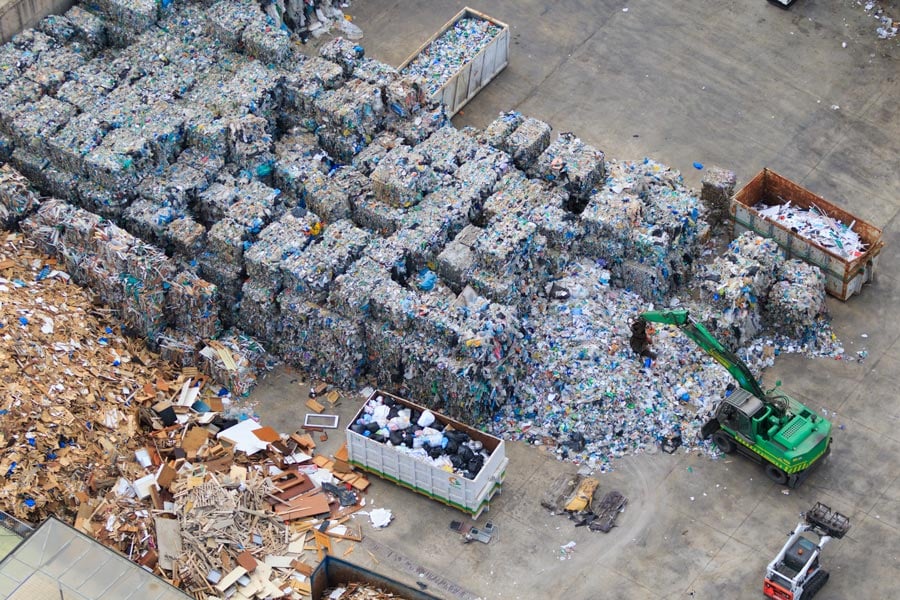
Waste Management Technology for a Greener Future
The United States has a waste management problem that is not going away anytime soon. According to a December 2020 article published in Waste Advantage Magazine, Americans generated just under three million tons of solid waste in 2018. At least half of that ended up in landfills because the materials were too difficult to recycle.
The nation’s landfills are currently overflowing to the point that employees must ship trash to other locations. Recognizing that the environment is in crisis, several individuals and companies within the waste management industry have proposed creative solutions over the past three years. They have reason to feel hopeful that these solutions will contribute to the reduction of solid waste.
Monitor the Contents of Trash Containers at Any Time
The waste management company OnePlus Systems has developed a tracking application that allows individuals and businesses to monitor the fullness of their trash container. Having this application available allows customers of waste management companies to avoid fees for having too much trash in a single container. The device also allows drivers of waste management companies to plan their routes to conserve fuel.
Waste Sorting via Artificial Intelligence
Waste management employees are only human, which means they are bound to make mistakes when sorting through trash for recyclable items. Currently, trash companies only have the capacity to monitor one percent of solid waste that comes into the facility. Manual monitoring is also expensive and produces inconsistent results. Technology that uses artificial intelligence (AI) to sort solid waste helps to eliminate each of these problems.
AI technology sorts solid waste faster and more efficiently. Additionally, the program provides waste management companies with valuable insight into the community disposal practices. By providing these insights to private and commercial customers in the area, waste management companies give them the tools they need to reduce hazardous and other non-recyclable waste.
Gasification of Plasma
Waste management companies have been burning trash for years to make more room in landfills. Unfortunately, this solution has created new problems that they can no longer ignore. Groundwater and air pollution are just two common examples of issues caused by burning large amounts of trash.
Over the past few years, leaders in waste management technology have proposed and implemented a solution known as plasma gasification. This process involves using plasma to heat the waste and transform it into hydrogen and other usable gases. The waste management industry hopes to eliminate a large percentage of carbon emissions each year by using this newly available technology.
Electronics Recycling Kiosks
ecoATM has placed more than 2,800 electronics recycling kiosks at grocery stores and retail locations across the country. People then deposit certain types of electronic waste into the kiosk and receive a payment on the spot. Since the kiosks started popping up a few years ago, old smartphones and tablets have been the leading items consumers have recycled for money. The cash payment acts as an attractive incentive to prevent people from throwing these items into their regular trash bin.
The above solutions have made a dent in the solid waste problem. However, the country still has a long way to go. Cooperation from consumers remains the leading factor in how much of an impact these and similar technologies will make.